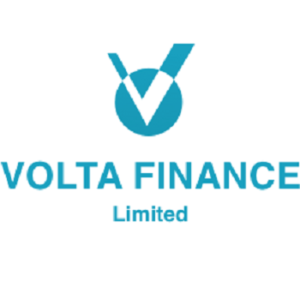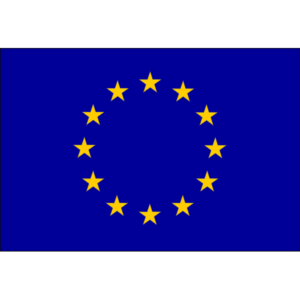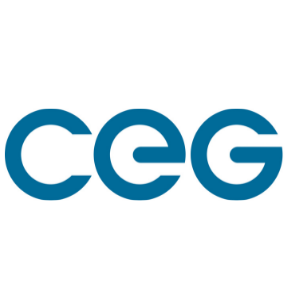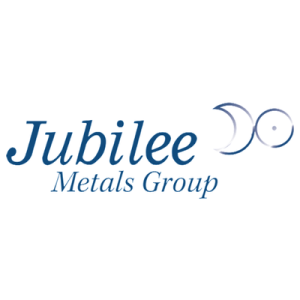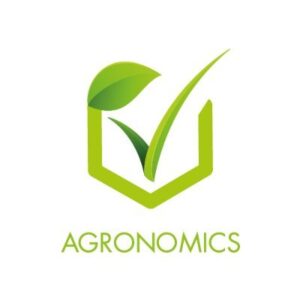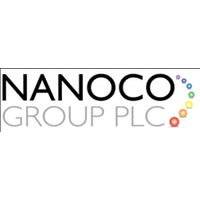
How have urban farms helped during the pandemic?
An urban farm developed on a former landfill site in northern Thailand boosted the food security and livelihoods of poor families during the coronavirus pandemic, and can be a model

An urban farm developed on a former landfill site in northern Thailand boosted the food security and livelihoods of poor families during the coronavirus pandemic, and can be a model

An urban farm cultivated on a former landfill site in northern Thailand increased food security and provided livelihoods for poor families during the coronavirus pandemic and can be a model

Chennai-based biotechnology graduate Rahul Dhoka’s rooftop looks like a maze. Only, it’s a maze of over 6,000 organically grown leafy vegetables and herbs such as carrom, kale, lettuce, and spinach.

A recent report on controlled-environment agriculture shows that greenhouse and vertical and indoor farm growers are overwhelmingly optimistic about 2021. The second annual CEA Census Report from Autogrow and Agritecture Consulting collected information from

Australia is looking to become more engaged with the global swing to high-technology horticulture in urban areas. High-tech urban hort is being implemented across the world using vertical farm systems,

Residents in the United Arab Emirates are scaling up their balconies with innovative recycling methods, as the country moves towards encouraging a more modern farming system. The UAE has recently

Inside the sprawling warehouses where some indoor farming startups grow food under artificial light, custom “light recipes” adjust the color of LEDs to help plants grow faster. Even with efficient LED bulbs,

Nanoco Group plc (LON:NANO), a world leader in the development and manufacture of cadmium-free quantum dots and other specific nanomaterials emanating from our technology platform, will hold its Annual General Meeting

Food is the single most important need of all for all living things. Call it food or nutrients, takeaways or tapaus, edibles or eatables, or dedak but it is still

Nanoco has secured just under £1m grant funding for a life sciences project to develop a heavy metal-free quantum dot testing kit to detect COVID-19. The project will last 18






